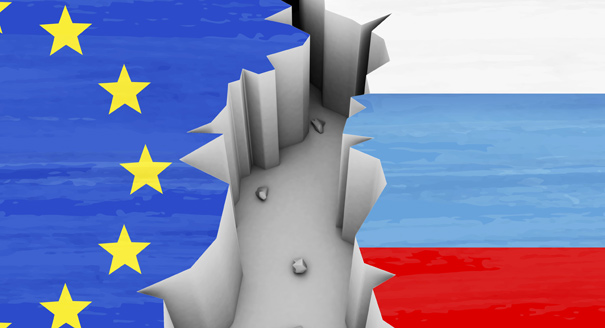Registration
You will receive an email confirming your registration.
The cooling of relations between Russia and the West has been arguably the most important geopolitical event of 2014 for Europe. What started as Ukraine’s decision not to sign a political partnership accord with the EU led to Russia’s annexation of Crimea, the West’s imposition of sanctions on Moscow, and a relentless push toward violence in eastern Ukraine. As this turbulent year draws to a close, what are the prospects for Western-Russian ties in 2015? What steps could and should the two sides take to put their relationship back on track?
To address the future of Western-Russian relations, Carnegie Europe hosted a debate featuring Gwendolyn Sasse, nonresident associate at Carnegie Europe, and Dmitri Trenin, director of the Carnegie Moscow Center. Jan Techau, director of Carnegie Europe, moderated.
Gwendolyn Sasse
Gwendolyn Sasse is a nonresident associate at Carnegie Europe.
Jan Techau
Jan Techau is the director of Carnegie Europe.
Dmitri Trenin
Dmitri Trenin is the director of the Carnegie Moscow Center.
